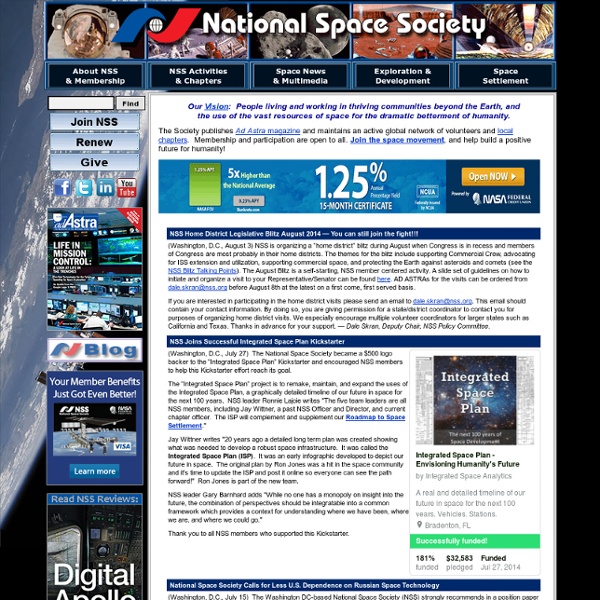Zoom
Trash
Related:



Documentary Heaven | Watch Free Documentaries Online Planet Calypso - Inicio Enjoy a revamped, more newcomer-friendly and action-packed area on the Planet Calypso continent of Eudoria. Cape Corinth, located on Eudoria's north-west coast, has been redesigned from the ground up with new terrain and places of interest. Cape Corinth now also features more beginner friendly creatures for hunting as well as an improved mining experience. Together with wonderful new music composed to match the area's aesthetics, it is a place every Calypsian should (re)experience. New arrivals from the Thule start area will begin their Calypso careers at Cape Corinth. Planet Calypso offers one of the richest and perhaps also most complex MMO game experiences out there. Learning the essentials of the game and finding your own path on Planet Calypso have been hard but is now easier than ever thanks to a new set of Video Tutorials.
2012 March 12 - The Scale of the Universe Interactive Discover the cosmos! Each day a different image or photograph of our fascinating universe is featured, along with a brief explanation written by a professional astronomer. 2012 March 12 The Scale of the Universe - Interactive Flash Animation Credit & Copyright: Cary & Michael Huang Explanation: What does the universe look like on small scales? Tomorrow's picture: dust before galaxies Authors & editors: Robert Nemiroff (MTU) & Jerry Bonnell (UMCP)NASA Official: Phillip Newman Specific rights apply.NASA Web Privacy Policy and Important NoticesA service of:ASD at NASA / GSFC& Michigan Tech.
Scientists Discover The Oldest, Largest Body Of Water In Existence--In Space Scientists have found the biggest and oldest reservoir of water ever--so large and so old, it’s almost impossible to describe. The water is out in space, a place we used to think of as desolate and desert dry, but it's turning out to be pretty lush. Researchers found a lake of water so large that it could provide each person on Earth an entire planet’s worth of water--20,000 times over. Yes, so much water out there in space that it could supply each one of us all the water on Earth--Niagara Falls, the Pacific Ocean, the polar ice caps, the puddle in the bottom of the canoe you forgot to flip over--20,000 times over. The water is in a cloud around a huge black hole that is in the process of sucking in matter and spraying out energy (such an active black hole is called a quasar), and the waves of energy the black hole releases make water by literally knocking hydrogen and oxygen atoms together. The new cloud of water is enough to supply 28 galaxies with water.
Stellarium Your Age on Other Worlds Want to melt those years away? Travel to an outer planet! <div class="js-required"><hr> This Page requires a Javascript capable browser <hr></div> Fill in your birthdate below in the space indicated. (Note you must enter the year as a 4-digit number!) Click on the "Calculate" button. The Days (And Years) Of Our Lives Looking at the numbers above, you'll immediately notice that you are different ages on the different planets. The earth is in motion. The top-like rotation of the earth on its axis is how we define the day. The revolution of the earth around the sun is how we define the year. We all learn in grade school that the planets move at differing rates around the sun. Why the huge differences in periods? Johannes Kepler Tycho Brahe Kepler briefly worked with the great Danish observational astronomer, Tycho Brahe. Here you see a planet in a very elliptical orbit. Kepler's third law is the one that interests us the most. The Gravity Of The Situation Isaac Newton ©2000 Ron Hipschman